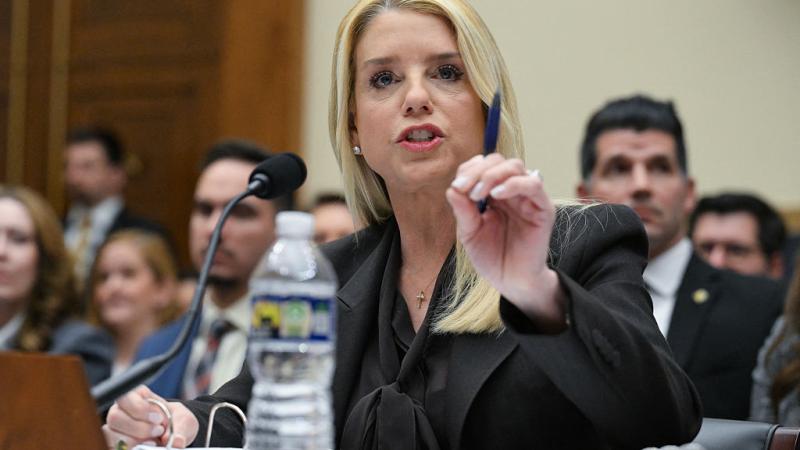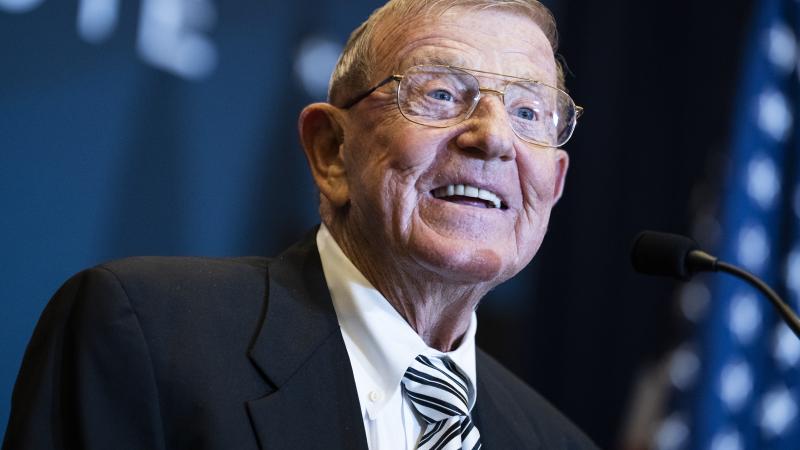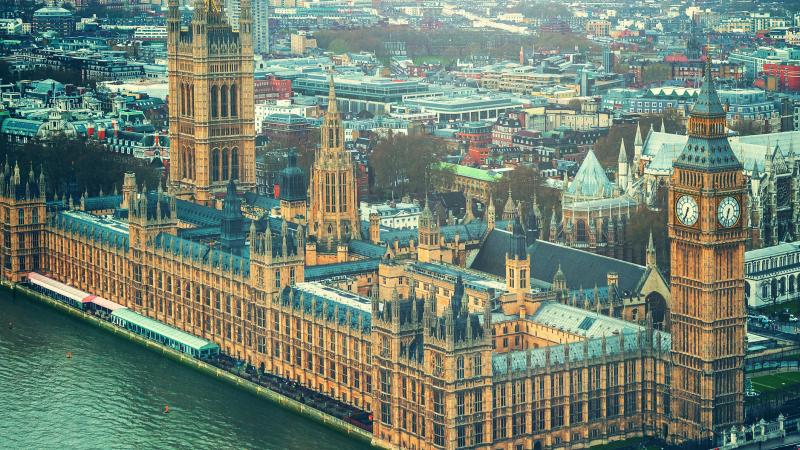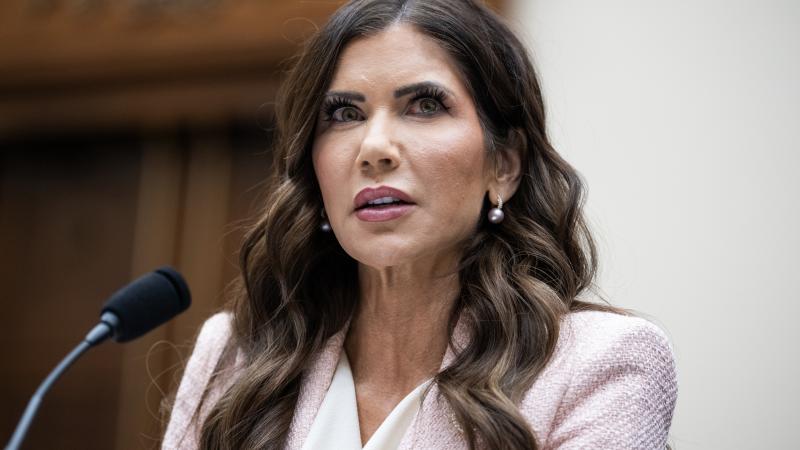Lawsuit claims Colorado, Denver laws on 'sidewalk counseling' unconstitutional
Attorney Charles Cooper is arguing the law and ordinance punish a viewpoint.
Colorado and the cities of Englewood and Denver face a lawsuit for a law and its enforcement regarding speech outside of abortion clinics.
Wendy Faustin, assisted by the First Liberty Institute and Cooker & Kirk law firm, filed a federal lawsuit alleging Colorado law is unconstitutional under the First and 14th Amendments. The defendants include Gov. Jared Polis and Attorney General Philip Weiser, both Democrats, in addition to district attorneys in the Second and 18th Judicial Districts and Denver and police chiefs in Englewood and Denver.
In a 26-page complaint filed on Thursday, Faustin and her legal team allege Denver ordinances and Colorado law “impose draconian burdens on the speech activity known as ‘sidewalk counseling’ by preventing people from approaching women entering abortion clinics and offering them guidance, counsel and information at a normal conversational distance.”
A Colorado state law, effective March 1, 2022, and a Denver ordinance require a buffer of eight feet when a person “knowingly approach(es) another person,” unless the other person consents “for the purpose of passing a leaflet or handbill, to displaying a sign to, or engaging in oral protest, education, or counseling with such other person in the public way or sidewalk area within a radius of 100 feet from any entrance to a health-care facility.” Violations are a misdemeanor.
The complaint asks the court for a jury trial to find Colorado law and Denver ordinances violate the U.S. Constitution and to prohibit any enforcement of the regulations. It also requests payment of reasonable costs and attorney’s fees for bringing the suit.
“The government may not target life-affirming speech simply because it disagrees with the message,” Roger Byron, a lawyer for the First Liberty Institute, a faith-based legal group, said in a statement. “That is unlawful viewpoint discrimination. It should not be a crime to lovingly and compassionately approach another person to tell them about alternatives to abortion.”
Attorney Charles Cooper is arguing the law and ordinance punish a viewpoint.
“The First Amendment presumes it is unconstitutional for the government to restrict a private citizen’s expression because of ‘its message, its ideas, its subject matter, or its content,’” Cooper said in a statement. “The laws imposed by Colorado and Denver favor one message over another. That’s unconstitutional.”
In 2000, the U.S. Supreme Court upheld the Colorado law requiring speakers obtain consent from people within 100 feet of a health care facility entrance before speaking, displaying signs or distributing leaflets. Justice John Paul Stevens wrote in a 6-3 opinion the law was “not a regulation of speech. Rather, it is a regulation of the places where some speech may occur. … The unwilling listener’s interest in avoiding unwanted communication has been repeatedly identified in our cases.”
Faustin’s suit deals with her rights and not those of the listener.
“Distributing leaflets discussing abortion, its risks and implications, and its alternatives is core expression protected by the Free Speech Clause of the First Amendment,” the complaint states. “Orally discussing abortion, its risks and implications, and its alternatives with persons entering an abortion clinic is core expression protected by the Free Speech Clause of the First Amendment.”














